Toby Deller finds out how the Japanese-American violinist combined a Psychology degree with a busy solo career
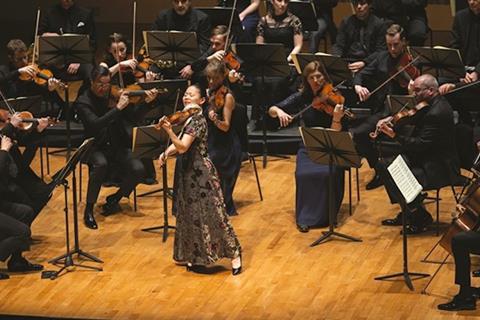
The following is an extract from The Strad’s October 2020 issue in which Japanese-American violinist Midori speaks about her approach to new works and the importance of appreciating her students’ motivations. To read in full, click here to subscribe and login. The October 2020 digital magazine and print edition are on sale now.
Midori’s education has undoubtedly contributed to her broad perspective. She was already almost 20 years into her career when, with the encouragement of those around her, she enrolled as an undergraduate at New York University. She did not register with a view to studying a discipline such as musicology or music history, however, but instead fell upon psychology and gender studies as specialist subjects, having had no particular idea where her interests might lie, beyond an inkling that she might end up studying something within the arts or cultural studies. ‘But now, thinking about it, I’ve always been fascinated about how the mind works, from when I was a little kid,’ she says. ‘Why did this person say this? Why did this person present something this way? I’m still fascinated. I’m always saying to my students: “If the composer wrote this, what did he want? What does she really mean?”’
She developed an interest in clinical psychology but was not convinced at that point in her life that she would want to go into professional practice. So, after completing her bachelor’s degree in 2000, and faced with the prospect of depriving another student of a highly sought-after place at graduate school, Midori opted to apply for a general psychology master’s degree, which she completed in 2005. ‘I’ve always appreciated the opportunity to study and the fact that it opened my mind. It started me on my path to looking for different things. It also taught me some basic, fundamental ways of doing research, and different ways of expressing myself. To start seeing that there are different perspectives and opinions – this was a wonderful, wonderful experience. Also, studying psychology you learn to read very fast! And being a college student and a performer, you learn to organise your time really well – you also learn to switch from concentrating on one thing to concentrating on another.’
Read: ‘I go through the process of learning a piece a few times’ – Midori
Read: Midori: Active Listener
Watch: Midori’s famous string-breaking moment
She had recommitted herself to the violin, but, she clarifies, ‘The thing is, I never really stopped playing. I always played, and I worked pretty much all the time: I had 80 or 90 concerts while I was at school full-time. It wasn’t that I curtailed my concerts while I was studying. And I didn’t increase my concerts after I finished my studies, either. So it would be wrong to say that I decided to play more. Instead, it was a turning point in the sense that I actually took on the career as something that I would be responsible for in a much more conscious and conscientious way. But on the surface, what I was doing didn’t look any different.’
-
This article was published in the October 2020 Midori issue
The Japanese-American violinist on performing contemporary music, recording Beethoven and dedicating herself to social causes. Explore all the articles in this issue.
More from this issue…
- Japanese-American violinist Midori
- Ensemble Diderot’s ‘cities’ project
- Lutherie in the time of Covid-19
- Tessa Lark’s ‘Stradgrass’ album
- The late Georgian viola in Britain
- Solving the mysteries of Cremonese archings
Read more playing content here
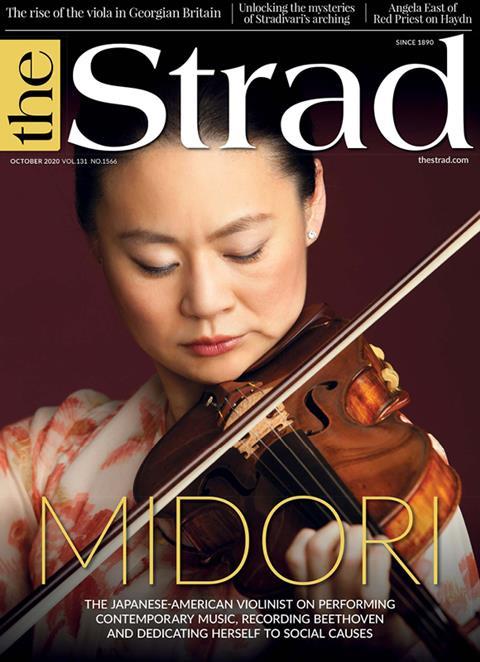

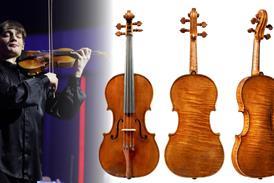
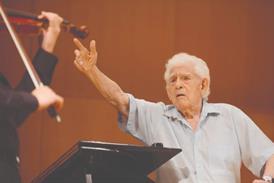
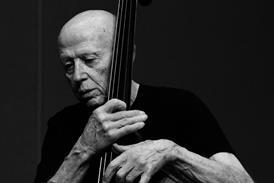
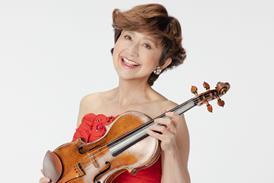
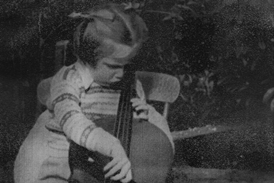



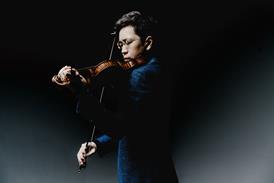
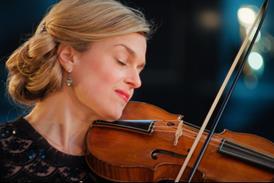

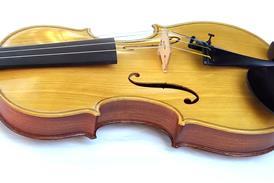






















No comments yet